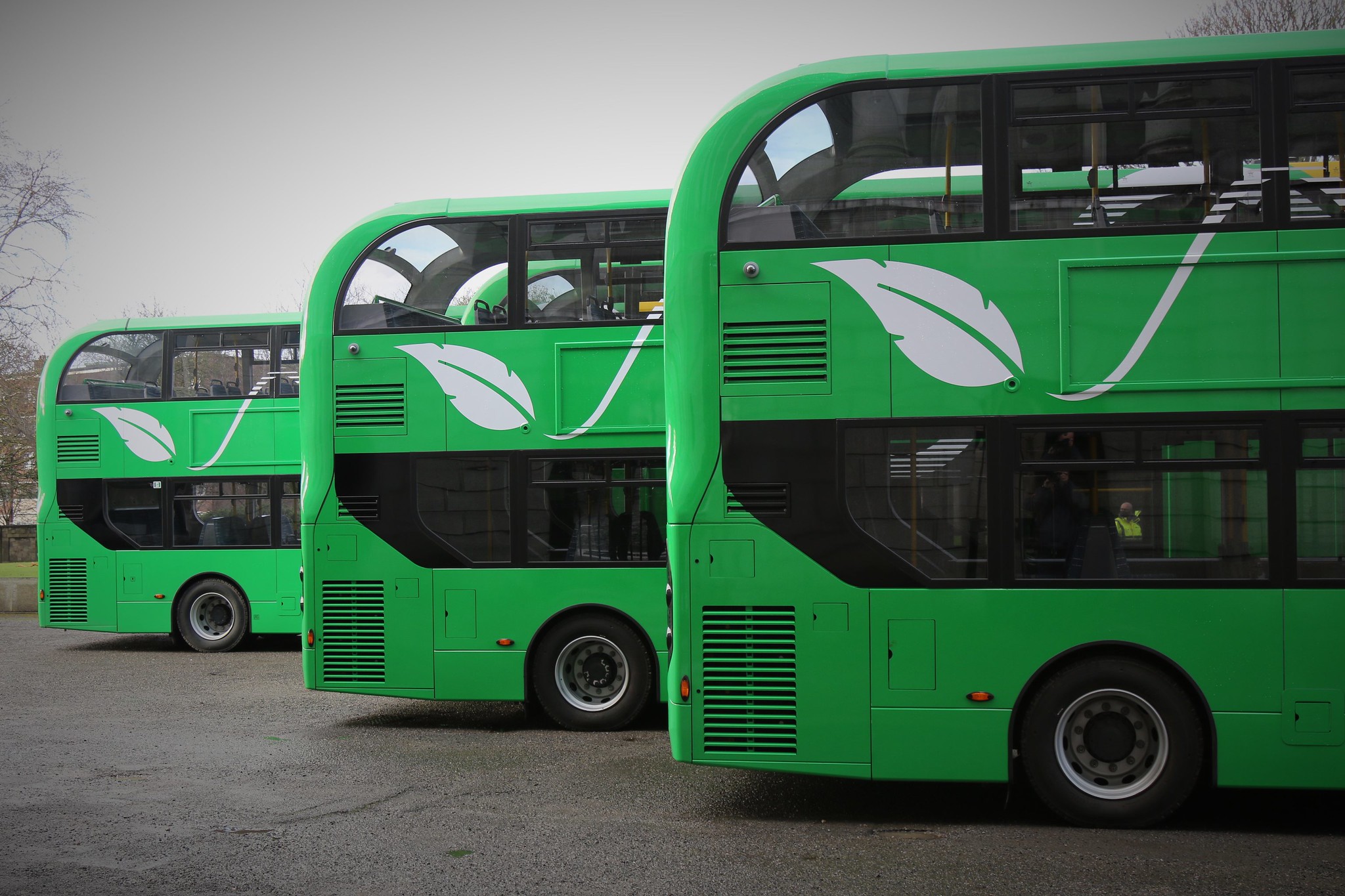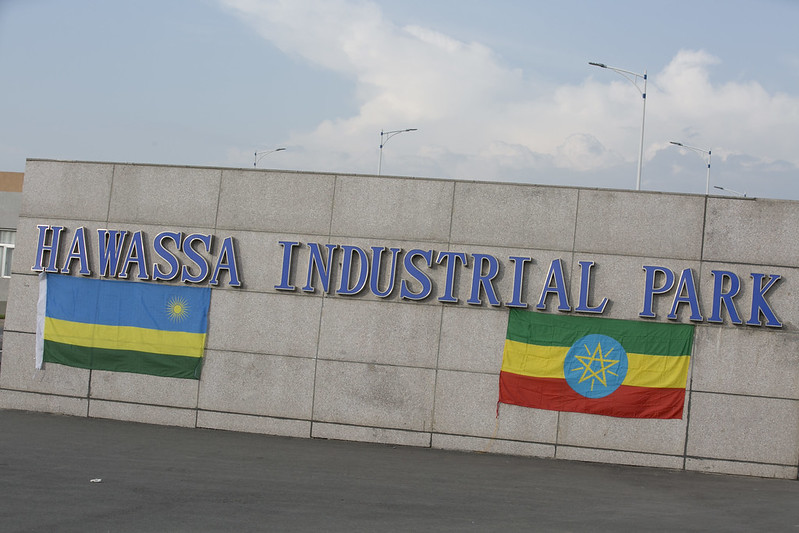Historians have long described the contribution of the Atlantic slave trade to the Dutch economy as marginal but, according to a new study, these figures have been grossly underestimated. More than dispelling the idea that slavery was unimportant to the early modern Dutch state, the findings are relevant to wider debates on the influential role of slavery in modern European capitalism.
According to Adam Smith, the Dutch Republic in his day was the wealthiest nation in the world. It was, however, a wealth that increasingly accumulated through Atlantic slavery. In 1770, slave-based economic activities contributed 5.2 per cent to the gross domestic product of the Dutch Republic, and even 10.36 per cent of the GDP of its richest province, Holland. Moreover, 19 per cent of Dutch imports and exports at that time (expressed in value) consisted of goods produced by the enslaved in the Atlantic. These are the conclusions of a long article we recently published in the Low Countries Journal of Social and Economic History.
Dutch historians, like their counterparts in other countries involved in Atlantic slavery, have long described the contribution of slavery to the Dutch economy as marginal. However, a five-year study conducted by historians at the International Institute of Social History (Amsterdam), the Vrije Universiteit Amsterdam and Leiden University contests this notion. Our synthesis of this project concludes that 5.2 per cent of Dutch GDP in 1770 was based on Atlantic slavery.
To give some contemporary comparisons for this figure: a study executed by US economists working for the federal government concluded that the weight of the entire ‘digital economy’ – Silicon valley, e-commerce, the digital infrastructure up to and including the cable companies – contributes around 6.5 per cent to the US GDP today. A recent study by Dutch economists put the contribution of the Rotterdam harbour, the primary gateway for the nation’s international goods, and all its logistics and services around it at 6.2 per cent.
Of course, the economic significance of a sector is not only determined by its size. Although the figure of 5.2 per cent of Dutch GDP attracted widespread attention in the Dutch media, the most important findings of the study relate to the enormous weight of slave-based activities for the crucial international trading sector of the Dutch economy at large. As in Britain and France, the explosive growth of slave-based commodity flows was an eighteenth-century phenomenon. From the time of the Dutch Revolt in the late sixteenth century onwards, Amsterdam had functioned as a crucial hub of wider European trade and finance. In the seventeenth century this distributary role had already prominently included the trade in colonial goods, but in absolute terms European bulk carrying trade dominated the circuits of capital investment.
This gradually changed in the eighteenth century, when the Dutch merchants were outcompeted in other areas, but they were able to compensate for this by increasing the weight of the trade in colonial goods from both the Atlantic and the Indian Ocean region. Meanwhile, a tight network of bankers, merchants, mortgagers and financiers tied the still thriving Amsterdam financial market to planters in the Spanish colonies, the small Danish Caribbean colonies and, by the end of the eighteenth century, the US South.
By the second half of the eighteenth century, the Dutch not only imported coffee and sugar from Suriname, but also handled millions of pounds of coffee and sugar produced on France’s main plantation colony, Saint-Domingue. The province of Holland – where Amsterdam was located – had, in particular, become a nodal point in Atlantic slavery-based commodity chains. These chains ran from the provisioning of slave ships in the Dutch Republic to the plantations, from the transport of tropical products to Europe and their processing in the Dutch Republic, to their final export to the European hinterland. In total, the enormous flow of coffee, sugar and tobacco that went through Dutch ports in 1770 required the combined labour of 120,000 enslaved workers on plantations in the Atlantic world. At this time, the total working population of the Netherlands was not larger than one million people.
The revenues from these slave-based commodity chains ended up in the massive commercial sector located in the western part of the country, the Netherland’s richest and most dynamic province, Holland. There, according to our calculation, by 1770 a massive 10.36 per cent of GDP was based on Atlantic slavery.
Of all goods that went through Dutch harbours, expressed in value, 19 per cent was produced directly by the enslaved. Another 4 to 5 per cent were goods needed to provision the plantations and the slave-ships. The growth of the colonial trade opened up the Rhine for trade with the German hinterland and supported Holland in the economically difficult second half of the eighteenth century. Shipbuilding and processing industries profited from this. As much as 40 per cent of all Holland’s economic growth in the decades around 1770 can be traced back to slavery.
Our findings on the role of Atlantic slavery in the Dutch economy are relevant to the debate on the role of slavery in modern capitalism in general. In 1944, the Caribbean anti-colonial thinker Eric Williams wrote his classical work Capitalism and Slavery, which argued that the enormous wealth that Britain transferred from the slave-plantations in the West-Indies in the eighteenth century contributed significantly to the Industrial Revolution, and thereby to the birth of modern capitalism.
For 75 years now, historians have debated the merits of the ‘Williams Thesis’. But in this discussion, the Netherlands and its colonial empire have been largely ignored. Often conservative imperial historians in the Netherlands saw the question of slavery’s contribution to capitalism as irrelevant because the country was so much later than Britain in going through its industrial revolution. This argument conveniently ignored the great importance of Dutch commercial capital to the wider breakthrough of European capitalism.
The fact that this commercial capitalism was heavily entwined with Atlantic slave-based production shows that the question of the relationship between capitalism and slavery posed by Williams should be approached using a much broader framework than merely the connections between the British Industrial Revolution and Britain’s sugar complex in the West Indies.
As for Britain and France, the largest surge of commercial slavery in the Dutch Empire took place in the course of the eighteenth century, when Atlantic circuits of commerce and finance took on a massive scale, in connection to the rise of mass consumption markets for sugar, coffee and other slave-produced goods on the European continent. And as Williams himself suggested many decades ago, the main revenues were not drawn from the slave-trade per se, but from the goods produced on the plantations by the back-breaking labour of the enslaved: sugar, coffee, tobacco, indigo, cacao and other products for European markets. These findings dispel the argument that slavery was only a marginal factor in the early modern Dutch economy, and thereby provide a basis for a more balanced accounting of the nation’s past.
Please see here for more information on Pepijn Brandon and Ulbe Bosma.
Photo: A romanticised depiction of the arrival of Jan van Riebeeck in Table Bay, by Charles Bell. Credit: Suid-Afrikaanse Geskiedenis in Beeld (1989), Anthony Preston.






Of course, the Chartered Companies were crucial,in building the financial and commercial infrastructure and nexus which permitted this kind of commerce to flourish.
An interesting read! Good work.
Would you happen to know how much slavery or the slave trade contributed to the Dutch colony of New Netherlands or New Amsterdam, specifically? Or do you know where I could find out more about that?
good